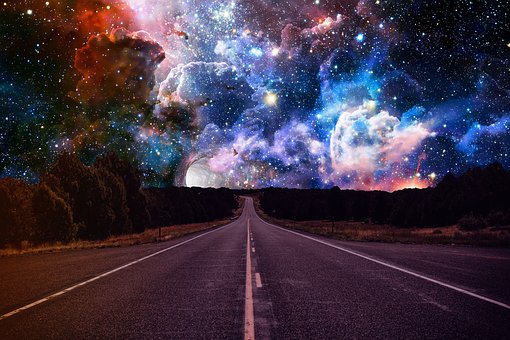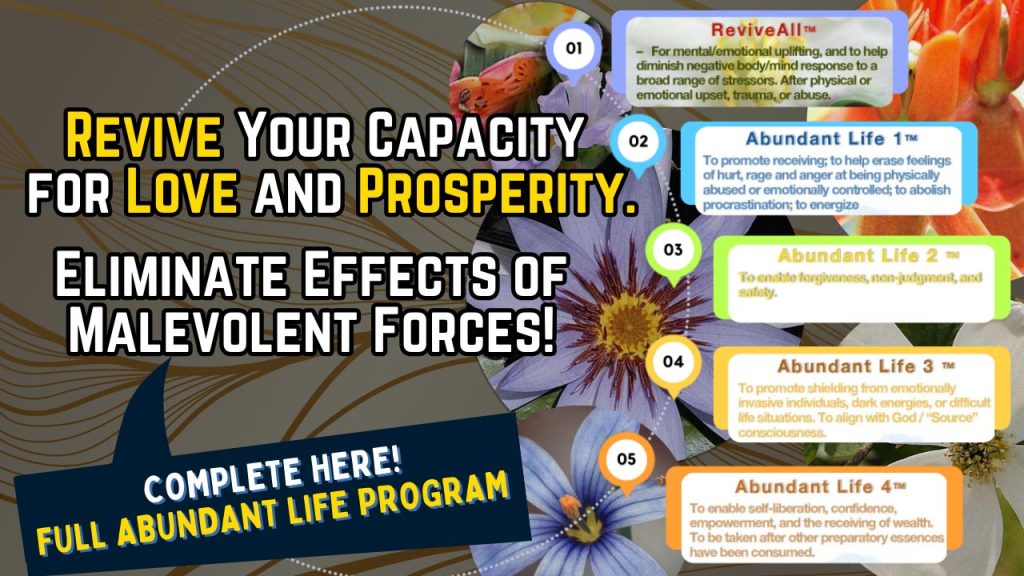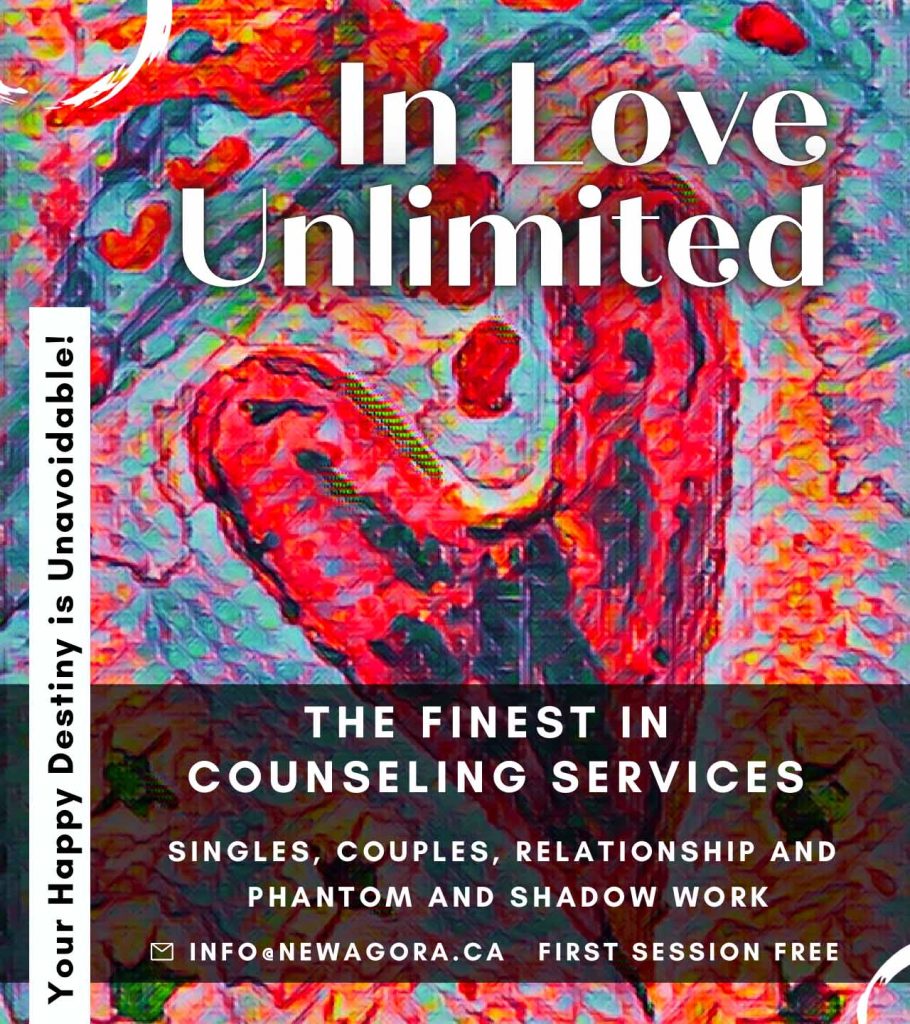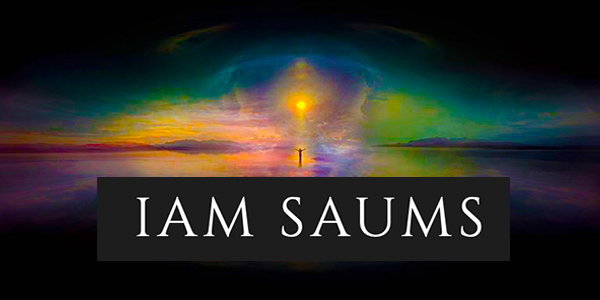by | Jul 30, 2019
Gnosticism Through the Prism of the Third Millennium
By Alexander Maistrovoy
Descent into Darkness
Two thousand years ago in the Eastern Mediterranean, there appeared a religious movement later known in history as Gnosticism. Its supporters are known as Gnostics (from the Greek word gnosis—‘knowledge’).
It was an anxious and painful time, a time of a sinking feeling of parting with a great epoch. To a certain extent, it was even a parting with history, which had survived its splendour, ended, and was passing into nonexistence. Three cultures defined late antiquity in all its confusion and contrariety: Greek philosophy, Judaic monotheism, and Eastern mysticism. However, on the edge of the new era, two of them—Greek philosophy and Judaic monotheism—hung in deepest crisis. The shadow of the doldrums descended on the civilization, dithering its contours and corroding its foundations. The lives of humankind more and more concentrated around the two poles: the unbridled pagan, self-destructive hedonism on the one hand and religious fanaticism on the other.
Hell seemed unavoidable, and questions about the origin of evil and salvation required new, brand-new answers.
God and Creator: Spirit and Matter
Gnosticism answered these questions. A loving, just, omnipotent, and virtuous God—such is the Jew’s Creator. ‘Before me no god was formed, nor shall there be any after me. … I am the Lord, and besides me there is no savior,’ Isaiah proclaimed. Plato’s demiurge comes across as a just and righteous creator.
Gnostics overthrew the demiurge from the pedestal. Yes, he was the creator of the cosmos, the material world, although not all-seeing, compassionate, merciful, and caretaker of a man, but ignorant and conceited. He was not the master, but just a craftsman, pompous and vain, an absurd caricature of an inconceivable spirituality.
“Although Demiurge thought that he had created this himself, he created the sky not knowing what the sky was; created Man not knowing what Man was; brought into the world the Earth not knowing what the Earth was, and in all things he also did not know the ideas of anything he created, nor did he know the Matter itself but instead used to think that all this was him.” – wrote Valentinus.
The cosmos, matter, and flesh were seen as evil, incompatible with divine spirit, a substance which it found alien and repugnant. This entire world resembling more of a torture chamber in which demons dominate was no more that vicious, abominable parody for ultra-mundane higher spheres where light, peace, and harmony ruled. A human being doomed to suffering, he is a hostage of cruel Fate, “Heimarmene”. Jorge Borges brilliant described this feeling: “We are a careless or criminal blunder, the fruit of engagement of the flawed deity and crude material”.
But humankind, an absurd and suffering creation that doomed and was a fruit of the Creator’s madness or ruses, at the same time carried a particle of divine light. And this particle (pneuma) made humans connected to a genuinely divine knowledge that helped them grasp the essence of the world and their own place in it. This knowledge was gnosis. People who had knowledge were above the vanities of this world. They were calm in their knowledge and turned to the ultra-mundane God. The Gnostic puts his Knowledge over social life with all its laws and regulations. He was, according to Romanian historian of religion Mircea Eliade, ‘free from the laws which govern society: he is beyond good and evil’.
Such was the quintessence of Gnosticism. It was in the opposition of God and Creator, spirit and matter; and at the same time, it was in the presence of the particle of spirit in the material dungeon. All the rest was a shiny wrapper, inflorescences of endless hues, overflowing with religious, mystical, astrological, and philosophical systems.
“Beyond good and evil’
Not all people but only pneumatics carrying in themselves a particle of light were doomed to be saved. However, pneuma in itself did not grant spiritual freedom. It was like shutters through which pneumatic received the knowledge the Saviour carried—the messenger of pleuroma, the angel of light. It could take shape of all kinds of images: the teacher, sacral message, the Biblical figure altered beyond recognition, who, despite the prohibition of the haughty Saviour-Yaldabaoth let spiritually blind people in on the secrets of good and evil, even Judas Iscariot, and, of course, Jesus.
‘Through Him He enlightened those who were in darkness because of ‘Oblivion.’ He enlightened them and indicated a path for them; and that path is the Truth which He taught them.’ (Valentinus, The Gospel of Truth, 18:16-24). In reality, the Gnostics’ Jesus had little in common with the Christian Jesus; he was not the God-man, but an image of the light of inconceivable depth, divine entity in the deceptive and illusory carnal shell.
Gnosticism was the only religion that gave exhaustive answers for eternal questions of humankind: the reason for existence, the origin of evil, and the reasons for suffering. Gnostics did not justify human adversities by the excessive attachment to life like Buddhists; did not endow earthly woes with ‘higher divine necessity’ like Jews and Muslims; did not seek salvation in the afterworld like Christians; and did not explain the miseries of small human beings by their karma, unavoidable and merciless, like Hindus. Ultimately, as in modern ideologies, they did not promise heaven on earth, which could be achieved by destroying the ‘class enemy’ or establishing democracy in the whole world. Gnosticism was the only religion among all philosophical and religious movements of the past and present that declared that human beings were, are, and will be unhappy, and that they are the hostages of despotic evil fate. Gnostics stated that human beings suffer hardship and pain not because of some sin but because of the divine strife that destroyed the harmony of spiritual spheres.
Gnosticism endued its followers not with faith but with knowledge—gnosis—which liberated human beings from the darkness of the material world. Liberation, according to Valentinus, was knowledge: ‘What liberates is the knowledge of who we were, what we became; where we were, where into we have been thrown; whereto we speed, wherefrom we are redeemed; what birth is, and what rebirth.’
…Today we can and must try to evaluate Gnosticism, its meaning and idea, from the height of the third millennium in the light of the experience, knowledge, and concepts which we have at our disposal. In our current time, which has so many similarities to what was going on in late antiquity, Gnostic dualism reminds us about the other possibilities of spiritual choice and other dimensions beyond the existing ones.
“It is very rare that a physical scientist is truly an atheist.”
What do we know about God? And does it exist all? Modern culture imposes snobby and arrogant atheism. But it is obvious paradox. It was not the scientists who threw God off Mount Olympus. It was done by people who were very far from science: philosophers, writers, public figures, and bohemians. And there lies the main irony of history and the Achilles’ heel of the ‘church of atheism.’
There are too many modern authoritative and influential scientists who are convinced that the slightest error in the structure of living and non-living substance would lead to the destruction of the Universe. There is too much evidence that the world is the result of work of a brilliant Designer who constructed his creation from billions of tiny details. The absence or defect in even a tiny one of them would turn the Cosmos, the Earth and life on it into an accumulation of chaos.
In my book Gnosticism Through the Prism of the Third Millennium: Or Between God and the Creator I tried to gather numerous and comprehensive evidence of divine providence. Here are just a few quotes:
– Freeman John Dyson, an English-born American theoretical physicist and mathematician at the Institute for Advanced Study in Princeton, wrote ‘As we look out into the Universe and identify the many accidents of physics and astronomy that have worked together to our benefit, it almost seems as if the Universe must in some sense have known that we were coming.’ (As quoted in ‘The Anthropic Cosmological Principle’, 1986);
– Stephen William Hawking, world-famous theoretical physicist, cosmologist: ‘Many people do not like the idea that time had a beginning, probably because it smacks of divine intervention.’ (‘A Brief History of Time’);
– Michael Denton, British-Australian biochemist and molecular biologist, a senior fellow of the Discovery Institute’s Center for Science and Culture, wrote ‘It is so efficient that all the information … necessary to specify the design of all the species of organisms which have ever existed on the planet … could be held in a teaspoon and there would still be room left for all the information in every book ever written.’ (‘Evolution: A Theory in Crisis’);
– Hugh Ross, a Canadian North American astrophysicist from the University of Toronto, wrote, ‘Astronomers who do not draw theistic or deistic conclusions are becoming rare, and even the few dissenters hint that the tide is against them.’ (‘The Creator and the Cosmos’);
– Robert Jastrow, an American astronomer, physicist and cosmologist, who was a leading NASA scientist and founding director of NASA’s Goddard Institute for Space Studies, wrote:
“For the scientist who has lived by his faith in the power of reason, the story ends like a bad dream. He has scaled the mountain of ignorance; he is about to conquer the highest peak; as he pulls himself over the final rock, he is greeted by a band of theologians who have been sitting there for centuries.”
(‘The Enchanted Loom: Mind in the Universe’).
- Sir Fred Hoyle, an English astronomer at the Institute of Astronomy at Cambridge, wrote:
“A junkyard contains all the bits and pieces of a Boeing 747, dismembered and in disarray. A whirlwind happens to blow through the yard. What is the chance that after its passage a fully assembled 747, ready to fly, will be found standing there?” (‘The Intelligent Universe’).
- Sir Fred Hoyle and Nalin Chandra Wickramasinghe, British mathematician, astronomer, and astrobiologist, professor and director of the Buckingham Centre for Astrobiology at the University of Buckingham, wrote:
“No matter how large an environment considers, life cannot have had a random beginning. Troops of monkeys thundering away at random on typewriters could not produce the words of Shakespeare, for the practical reason that the whole observable universe is not large enough to contain the necessary monkey hordes, the necessary typewriters, and certainly the waste paper baskets required for the deposition of wrong attempts. The same is true for living material.”
(‘Evolution From Space’)
- Harold Morowitz is an American biophysicist and Robinson Professor of Biology and Natural Philosophy at George Mason University. According to him, the chance of the formation of the simplest form of living organism is 1/10340, 000,000. ‘By comparison only 1,020 grains of sand could fit within a cubic mile, and 10 billion times more (1,030) would fit inside the entire earth. So, the probability of forming a simple cell by chance processes is infinitely less likely than having a blind person select one specifically marked grain of sand out of an entire earth filled with sand.’ (‘A Closer Look at the Evidence’ by Richard and Tina Kleiss)
- Robert Shapiro, professor emeritus of chemistry at New York University, wrote:
“The improbability involved in generating even one bacterium is so large that it reduces all considerations of time and space to nothingness. Given such odds, the time until the black holes evaporate and the space to the ends of the universe would make no difference at all. If we were to wait, we would truly be waiting for a miracle.”
(‘Origins-A Skeptics Guide to the Creation of Life on Earth’)
- Francis Crick, an English molecular biologist, biophysicist, and neuroscientist, most noted for being a co-discoverer of the structure of the DNA molecule in 1953, winner of the Nobel Prize in biology, wrote, ‘An honest man, armed with all the knowledge available to us now, could only state that in some, the origin of life appears at the moment to be almost a miracle, so many are the conditions which would have had to have been satisfied to get it going.’(‘Life Itself-Its Origin and Nature’)
- James Hopwood Jeans, an English physicist, astronomer, and mathematician at Cambridge University, wrote, ‘From the intrinsic evidence of his creation, the Great Architect of the Universe now begins to appear as a pure mathematician.’ (‘The Mysterious Universe’)
- Francis Sellers Collins, an American physician-geneticist noted for his discoveries of disease genes and his leadership of the Human Genome Project, wrote:
“As the director of the Human Genome Project, I have led a consortium of scientists to read out the 3.1 billion letters of the human genome, our own DNA instruction book. As a believer, I see DNA, the information molecule of all living things, as God’s language, and the elegance and complexity of our own bodies and the rest of nature as a reflection of God’s plan.”
(‘Collins: Why this scientist believes in God’, CNN, April 6, 2007)
These quotations are just the tip of the iceberg. “It is very rare that a physical scientists is truly an atheist.”, concluded Fritz Shafer, nominated for Nobel Prize in Chemistry, University of Georgia.
The Path of Life
Where am I? What is this thing called the world? What does this word mean? Who is it that has lured me into the thing and now leaves me there? Who am I? How did I come into the world? Why was I not consulted, why not made acquainted with its manners and customs? … How did I obtain an interest in it? Is it not a voluntary concern? And if I am to be compelled to take part in it, where is the director? Whither shall I turn with my complaint?
—Søren Kierkegaard
But if the cosmos, nature, and humankind are the results of creation, this brings us back to the original dilemma—the question Why? Why the nonsense, absurdity, and gloomy onerousness of existence? Why the blatant injustice and cruelty of all living things?
Gnostics gave their own explanation, which we have forgotten. Humanity was created by the demiurge the way it was meant to be created. Humans are the personification of the demiurge’s plan—perhaps not primarily evil but certainly flawed. However vague the purpose of this plan, pain, ordeals, and trials are the main ingredients of the ‘stew’ which we start tasting as early as childhood and stop consuming only when we leave this world. This is the constant equation, the meaning of which fully opens in history. Evil is not a whim or accident; neither is it the deficit of love or social injustice. It is the spring of the material world.
Perhaps, despite the external pointlessness, ugliness, and randomness, human civilization presents an ideal formula, calculated and verified with the same meticulous accuracy that helped to lay the ideal physico-chemical development parameters for the material world. This imperative is in eternal movement; in the most precise, calibrated combination of suffering and will to live which encourages humankind to constantly and fatefully strive after happiness. Suffering has been made the focal point of the whole construction by default; it is an integral part of the gigantic living organism we call humankind. On the other hand, without the powerful survival instinct, our existence would be unbearable and odious. This combination is a perpetual motion of its kind: the eternal force of progress, however sacrilegious and cynical this sounds.
Humankind is a part of living nature. Three demons of nature hold humankind hostage, crucifying people on an invisible cross:
– the vulnerability of matter,
– the call of sex,
– and a feverish desire to possess.
Furthermore, humans possess not only intellect, like animals, but also self-consciousness. The laws of the animal world are projected onto the most delicate mental structure. Imagination, conscience, vanity, the pain of loss, and a taste for analysis turn life for humans into a purgatory, and sometimes even hell.
The hostages of body and soul, people are never satisfied. They are doomed to forever move forward in a futile hope to discard the hated chains. Finding no solace, they are instinctively longing to work their way out of the manacles of the inner Kafkaesque world in which they find themselves—like people stuck in a bog who automatically grab anything that can serve as anchorage, however illusory it is.
What utmost precision regulates the narrow path that humankind moves along! If people had a slightly higher level of suffering and pain combined with a weaker survival instinct, they would prefer a voluntary death to the tortures of this world. With a lower level of suffering and a stronger survival instinct, humankind would be frozen in its development, content with its joyless but tolerable fate.
People live in a splendid perpetual motion of world civilization—an endless suffering balanced by the lust for life that does not allow humans to stop. If humans were to come to a stop, they, like an individual, collective body, would be doomed to death.
One of the most striking and rare insights was expressed neither by a philosopher nor a thinker, but by a man who created the most popular weapon of our time—the famous АK-47 assault rifle. His name was Mikhail Kalashnikov. Shortly before his death, he wrote about an ‘intolerable heartache’, even despair, which had nestled in his heart:
“Good and evil live, sit alongside, fight and, what is the scariest, put up with each other in people’s souls—that’s the conclusion I reached at the dawn of my life. It appears this is some eternal engine which I so wanted to invent in my young years. Light and shadow, good and evil—two opposites of one unit, incapable of existing one without the other. Could it really be that the Supreme God arranged it in this very way? And humankind will forever languish in such co-existence?”.
“Where to we speed, where from we are redeemed”
As I said, it is the constant equation, the meaning of which fully opens in history. From the moment of appearance, humankind desperately sought to acquire a standing point—ground under foot and a saving idea that would enable them to overcome the horror of death, the yearning, and the fear they experienced as they passed along the inexorable grindstones of time. Humankind went through all possible milestones, passed all the stages of development. People believed in witchcraft and magic, in the divine powers of nature. They relied on the Laws of Moses, Christian love, rational thinking, reason and science, chose the idea of Democracy, freedom and equality as their personal lodestars. They entered the twenty-first century as victors and … found themselves surrounded by emptiness. All their efforts to acquire happiness were dashed against human nature itself, but it’s not in people’s powers to abandon their cherished dreams.
A clash between burdensome reality and the pursuance of salvation and perfection: here are the hammer and anvil that strike a spark, inject a shot, putting in motion this astonishing perpetual motion, an eternal engine of the humankind. People render habitable the outside world, adjust it to their needs, strive to decrease their dependency over matter and save themselves from diseases, overcome hunger, and make their existence more comfortable, establish the laws that would guarantee their relative protection and rid them of fears. They create a unique civilization within a ludicrously short time but they are not able to acquire tranquillity, as they are too irrational by nature to contend with existing goodness, and the earthly hell holds them too tightly in its embrace. Acquiring such a long-awaited flourishing, they are never satisfied with themselves and, as if driven by some invisible force, they destroy themselves and their own achievements. They create gods for themselves to consequently cast them down. They are constantly directed into the future, earthly or otherworldly. Like Sisyphus, they are never to roll the block they are pushing onto the top of the mountain, but at the same time, they are constantly finding new ways to perfect their work and make their path less torturous.
Any social-political system has nothing in common with the initial goal, however noble and promising it is. It creates an illusion of the possibility of happiness, but the ultimate goal of this illusion is movement for the sake of movement and nothing more. This is the great design of the Creator who created the ‘eternal engine’ of history.
This Creator is neither merciful nor harsh, neither virtuous nor wrathful, neither omniscient nor just. He is indifferent and ‘worries about people no more than about monkeys and flies’ (Celsus). He is not interested in Pascal’s man who ‘who lost his way or place and is seeking for it restlessly and unsuccessfully in impenetrable darkness.’ He thinks in human masses and millennia. He is the God of deists, far removed from and indifferent to the world. He has His own goal, which we are not destined to understand and know, and we can’t either make a judgement on Him or all the more judge Him.
We feel His design in everything, from the perfectly adjusted mechanism of celestial bodies to the unmatched structure of bacteria, from dragonfly’s eyes to human DNA, from the mystery of human origin to Stradivari’s violin. Maybe this design is directed at reconstruction of the previously lost harmony of celestial spheres, but how helpless and pitiful humans are in this design—lost in his weakness and darkness. And how distanced and alien to human pain the Creator is.
…‘Heart feels God’, Pascal wrote. It is so. This inconceivable, magical, unparalleled feeling fascinating with its warmth and permeating all our being has been and remains available to millions of people. But what kind of God is felt by the heart of a believer?
The Creator? The cold, detached being contemplating the fate of the world? A mechanic who created an irreproachable mechanism of the world and life and laid pain and suffering as a foundation of this life?
It is not this Creator that the heart feels, as He, the god of deists, does not radiate anything the heart could sense—neither warmth nor light nor grace. The heart feels a completely different substance. This substance, God, pleuroma, emits the light and aura infallibly grasped by our souls; its rays penetrate our hearts at the most agonising moments of our lives. It is infinitely far away, and at the same time so clearly tangible that those who want to acquire it find it without fail by isolating themselves from the world in prayer or meditation. It has no power over matter and is helpless to change our world, which became a grotesque reflection of higher spheres, but the knowledge of it is a thin thread that can pull us out of the dungeon where our souls are enclosed. This is also the knowledge of ‘who we were, what we became; where we were, where into we have been thrown; where to we speed, where from we are redeemed; what birth is, and what rebirth.’ (Valentinus).
People are cornered by the merciless laws of the Creator but it is in their power to throw a gangway over constantly raging dark elements of this world to a divine harbour — pleuroma. And this is their only salvation. The hostages of relentless fate, people are foredoomed to remain in the black hole of fear and instincts, but fortunately for them, they are endowed with souls—the pneuma — which can take them to other dimensions and worlds.
‘If a person has the Gnosis, he is a being from on high.’ (Valentinus).
Please help keep this Red Pill Cafeteria open. We are 100% audience supported:
– Come Like Us on Facebook – Check us out on Instagram –
– Sign Up for our Newsletter –



 thegodabovegod.com
thegodabovegod.com















